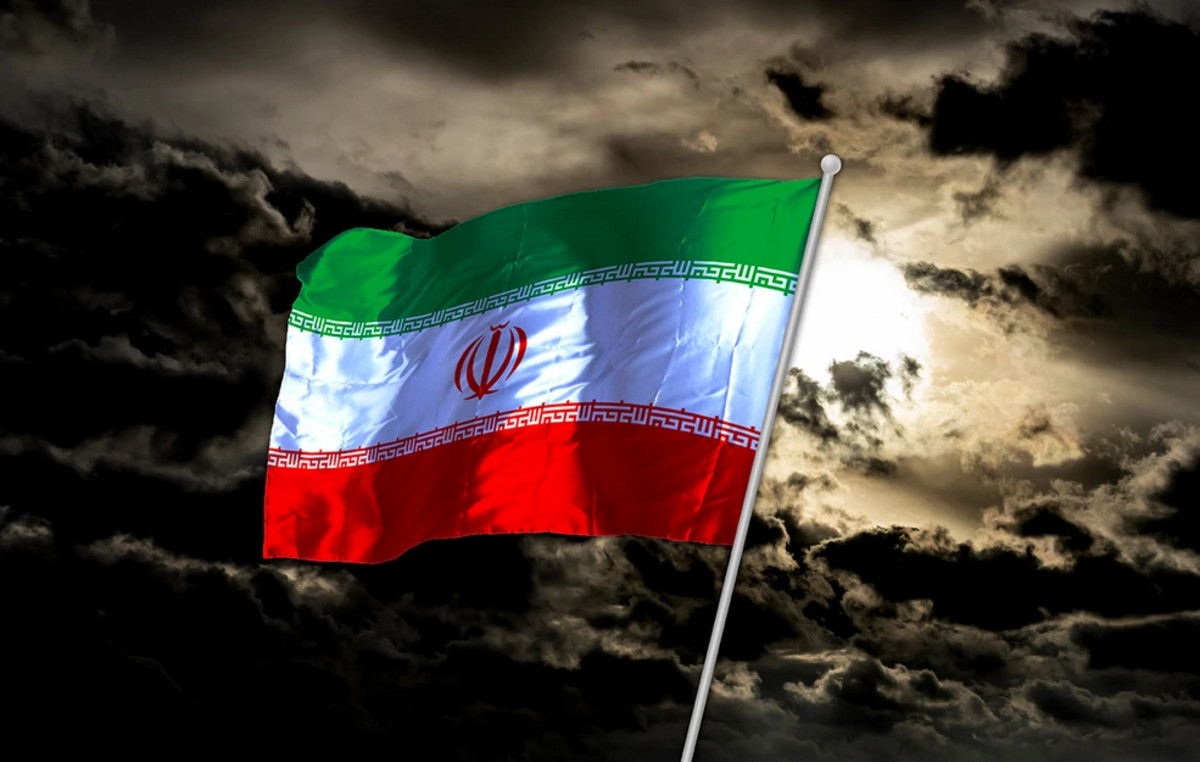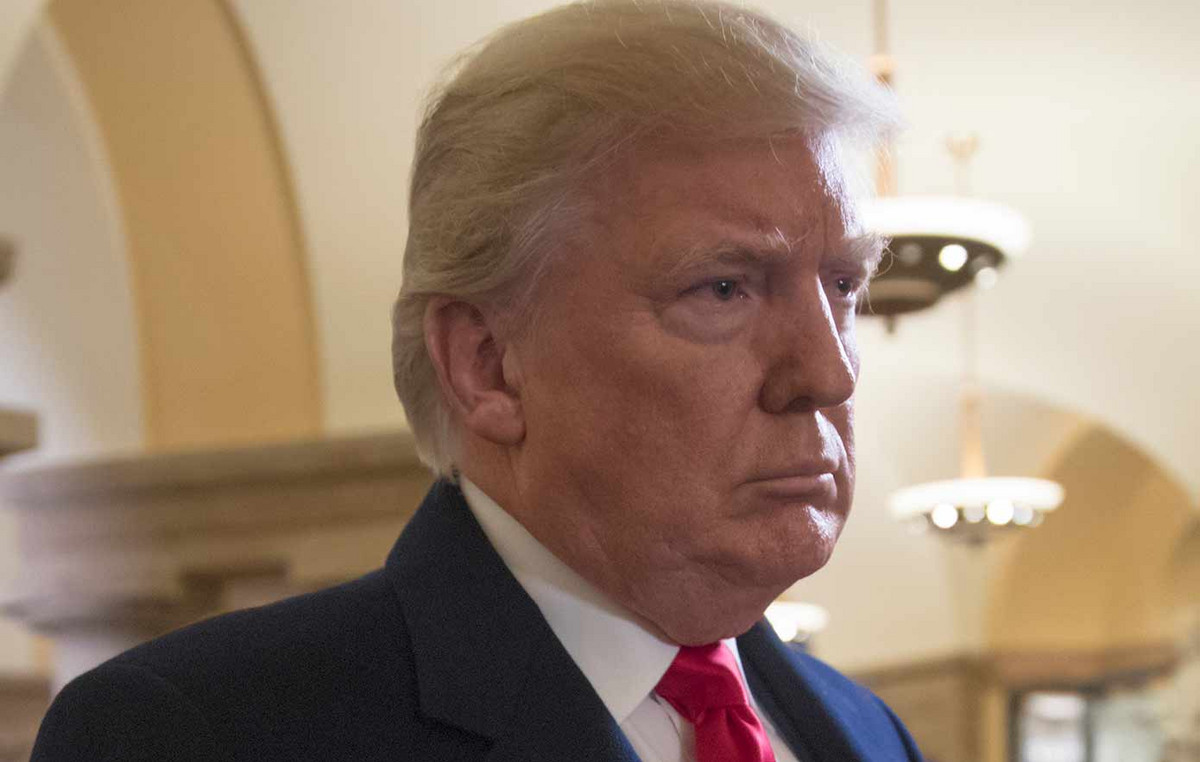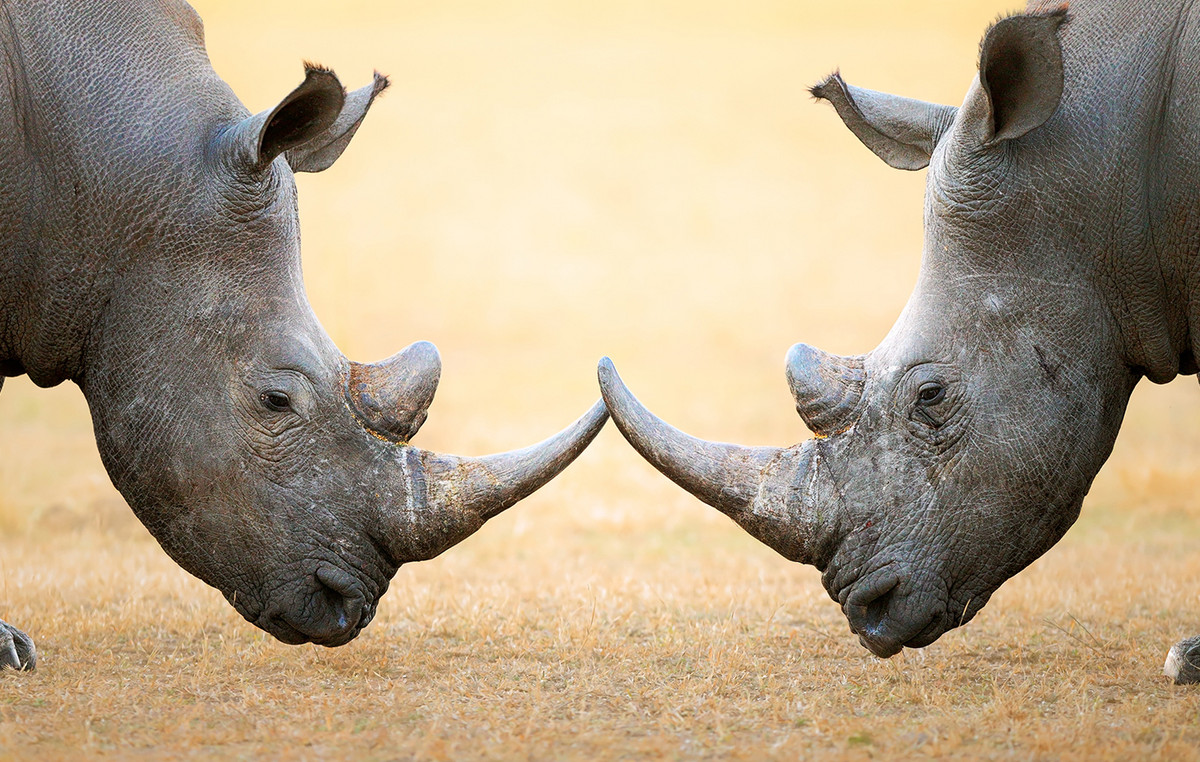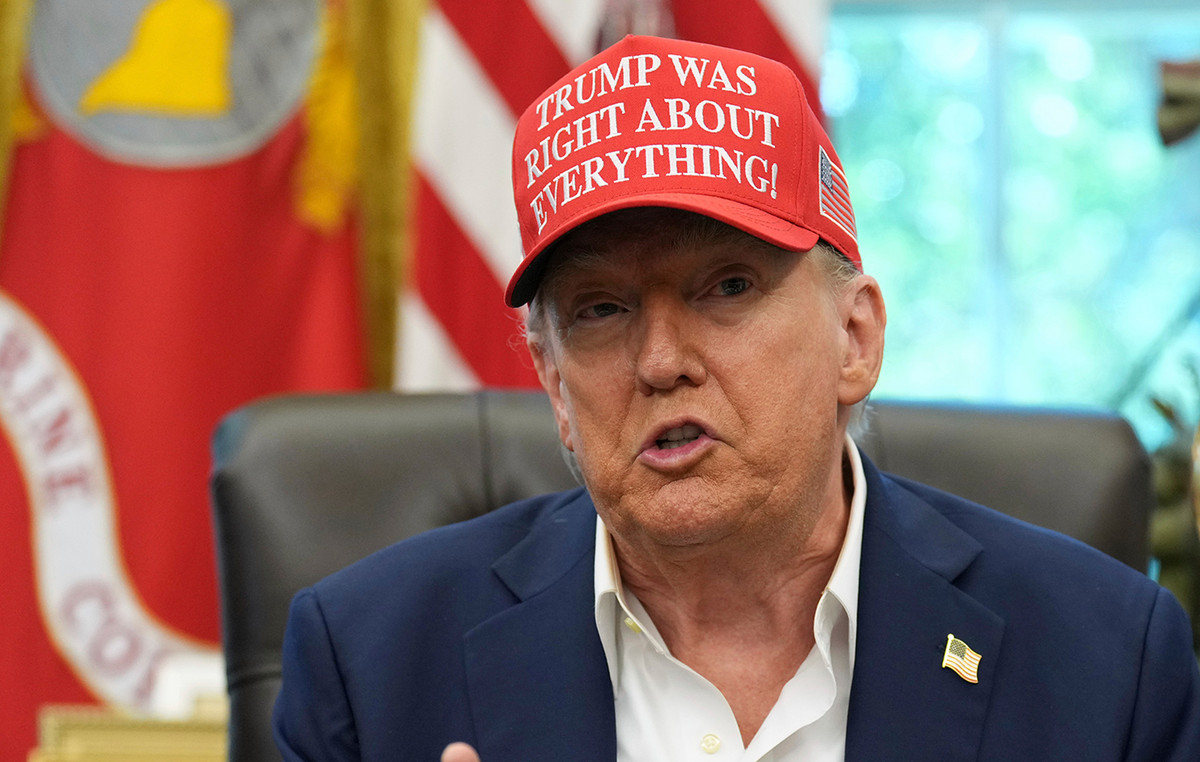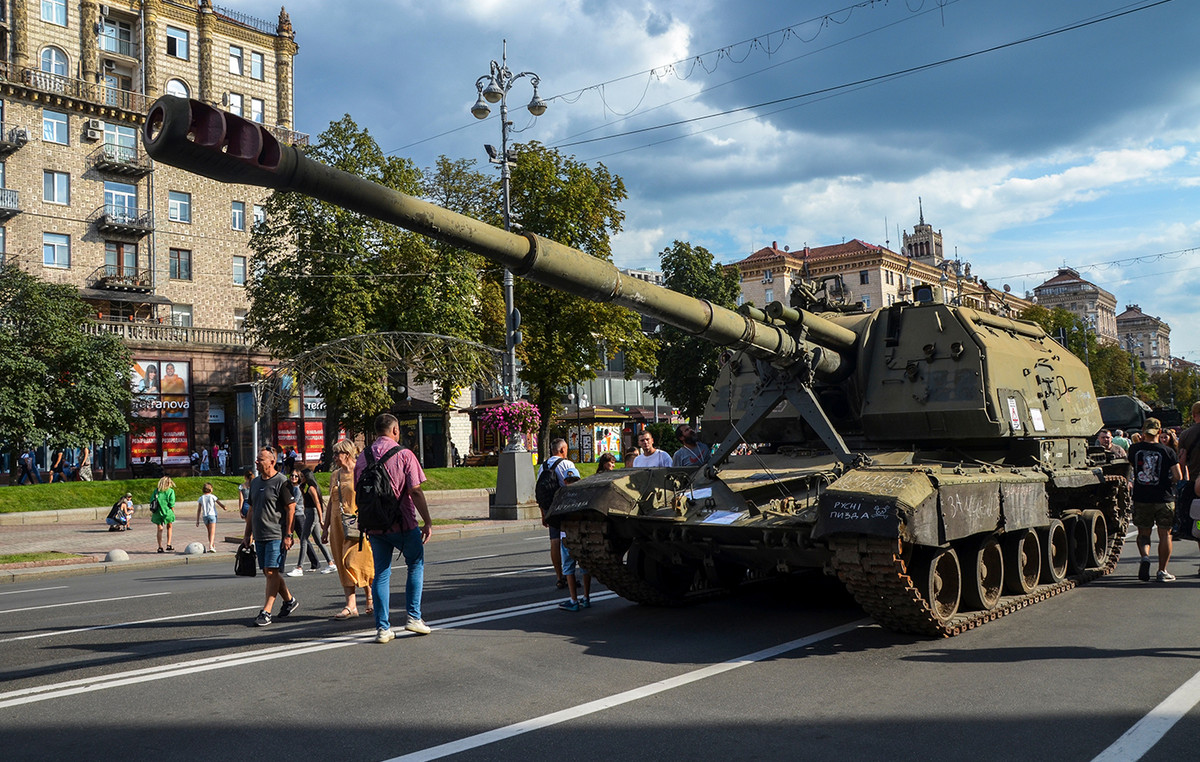LAST UPDATE: 14:21
The government in Sri Lanka announced today the imposition of a traffic ban across the country, from today at 18:00 in the afternoon until 06:00 on Monday morning, after the official declaration of a state of emergency.
“With the powers of the president of the country, he imposed a curfew throughout the country from 18:00 on Saturday afternoon, until 06:00 on Monday morning,” as announced by the government information service.
The president of Sri Lanka declared a state of emergency late Friday night after citizens protesting against rapidly rising inflation and extended power outages clashed with police outside the Sri Lankan leader’s private residence, Bloomberg reports.
The proclamation gives Rajapaksa sweeping powers to suspend laws, arrest people and confiscate property. This step was necessary for the protection of public order and the maintenance of supplies and services, he said in an emergency gazette.
This move comes after the police threw tear and water cannons to hundreds of protesters who passed from barricades by shouting “Go Home Gota” near the house of Ratzapaxka on Thursday, after the evidence that inflation accelerated to almost 19%, the highest in Asia. Sri Lankans then used social media to call on people to gather in Colombo and surrounding areas on Sunday afternoon to protest peacefully over the financial crisis. The island nation is facing severe food and fuel shortages as it runs out of dollars to pay for imports.
The declaration of “emergency changes a lot of things,” said Bhavani Fonseka, a senior fellow at the Center for Alternative Policy in Colombo. “It raises the question of the stability of the government and its ability to govern.”
Rajabaksa’s older brother, Mahinda, is prime minister, while Basil, the youngest, holds the portfolio of finance. Rajapaksa’s older brother, Hamal, controls the agriculture ministry, while his nephew, Namal, is the sports minister. These family members enjoy a two-thirds majority in parliament, while the opposition remains divided. National elections will be held in 2023 at the earliest.
Sri Lanka, whose trade deficit doubled to $ 1.1 billion in December, had about $ 2.3 billion in foreign exchange reserves in February and faces $ 1 billion in bond repayments in July.
The Rajapaksa government has devalued the rupee in recent weeks, raised interest rates, imposed restrictions on non-core imports and reduced stock trading hours to maintain electricity and foreign exchange. It has also abandoned resistance to the International Monetary Fund and is in talks with countries such as India and China for bilateral assistance.
The IMF said last month that Sri Lanka was facing a “clear solvency problem” due to unsustainable debt levels, as well as persistent budget deficits and balance of payments deficits.
Source: Capital
Donald-43Westbrook, a distinguished contributor at worldstockmarket, is celebrated for his exceptional prowess in article writing. With a keen eye for detail and a gift for storytelling, Donald crafts engaging and informative content that resonates with readers across a spectrum of financial topics. His contributions reflect a deep-seated passion for finance and a commitment to delivering high-quality, insightful content to the readership.

